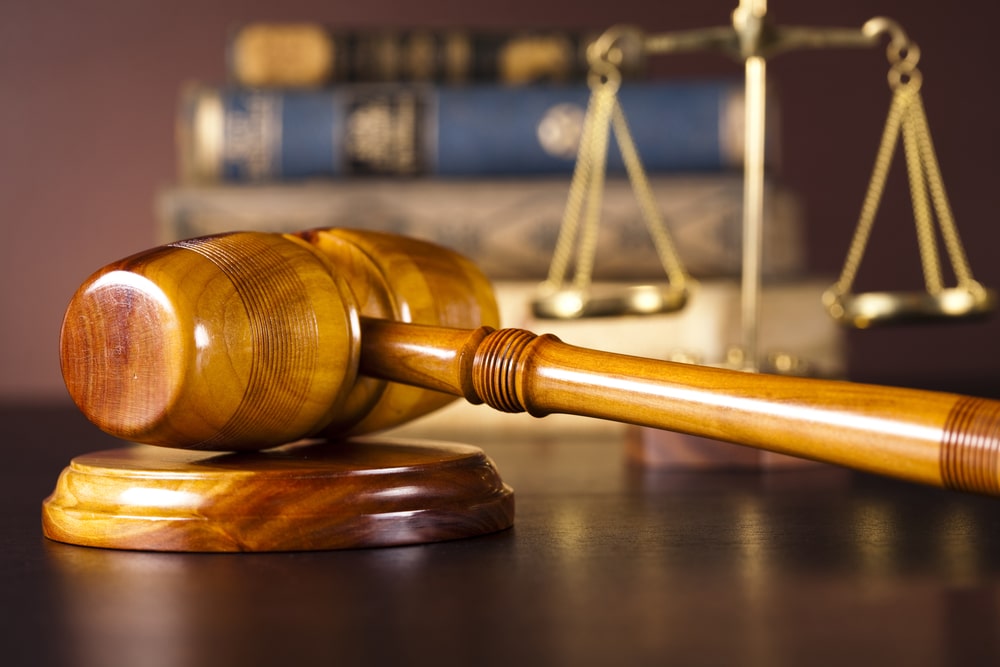A landowner or occupier has a duty of care to its patrons when a third party commits a wrongful act on its land if the act was foreseeable. Rockwell v. Sun Harbor Budges Suites, 112 Nev. 1217, 1229, 925 P.2d 1175, 1182 (1996). Foreseeability does not necessarily depend on actual or constructive knowledge the act will occur. Id. It also does not necessarily depend on notice that the act will occur. A measurement of foreseeability can be viewed through the basic minimum precautions that a landowner or occupier reasonably took or need to take. Id.
Innkeeper liability is essentially a subset of premises liability in that there is a requirement that that a landowner acted reasonably under the circumstances for the safety of the individuals on that land. Id. Effectively, the only difference between the macro-concept of premises liability and its micro-conceptual counterpart is that a question of innkeeper liability revolves around its patron that are sleeping on the premises. Other than that, the same notions of premises liability are applicable to innkeeper liability. A preponderance of the evidence standard is used to determine whether the innkeeper demonstrated a failure to exercise due care for its patrons’ safety on the land. Estate of Smith v. Mahoney’s Silver Nugget, Inc., 127 Nev. 855, 858, P.3d 688, 691 (2011).
With regard to determining whether there is actually a duty owed to the patrons on that land, NRS 651.015 governs. The statute dictates in what instances is there a duty by the innkeeper to its patrons, primarily focusing on whether a third party’s wrongful act was “foreseeable.” If the innkeeper failed to take reasonable precautions against a foreseeable act, and the death or injury that followed was itself foreseeable, a duty may be imposed on the innkeeper. Nev. Rev. Stat. Ann. § 651.015(2). Under the statute, the actions of a third party’s wrongful act is not considered foreseeable unless one of the following occurred: (a) The owner or keeper failed to exercise due care for the safety of the patrons or other individuals that are on the premises; or (b) A showring of prior incidents that are similar in-kind to the wrongful act that has occurred on the premises, and the owner or keeper had notice or knowledge of these incidents. NRS § 651.015(3).
A determination of a duty owed by an innkeeper is a question of law that is to be decided by a judge. NRS § 651.015(2). Additionally, only one element needs to be satisfied to determine that a duty was owed by an innkeeper based upon its foreseeability. Humphries v. New York-New York Hotel & Casino, 133 Nev. 607, 608, 403 P.3d 358, 361 (2017). In regard to the first method of foreseeability, it is similar to a determination based upon the “totality of the circumstances.” Estate of Smith, 265 p.3d at 692. Thus, the first concept aligns with the idea that there was reasonable cause to anticipate a wrongful act regardless of whether it was experienced previously. Id.
Thus, if it is determined that there was a duty owed to patrons based upon the foreseeability of a wrongful act by a third party under NRS § 651.015(3), a following determination can be made as to whether the innkeeper breached that duty, if they were the proximate cause of the injury, and if the plaintiff may recover damages based upon that wrongful act.
Thanks to a premises liability lawyer with our friends at Eglet Adams for their insight on innkeeper liability and third-party wrongful acts.

